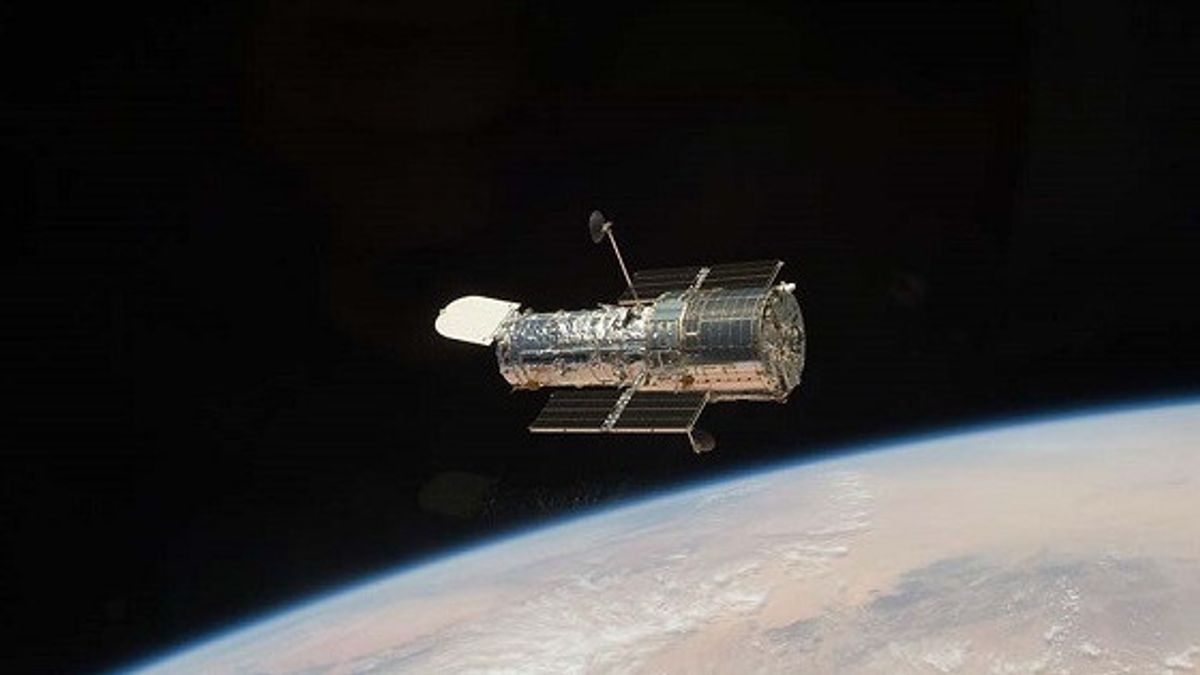JAKARTA - The Hubble Space Telescope is predicted to retire soon and risk falling from orbit, therefore NASA and SpaceX are working together to investigate.
The two will see if the Hubble Telescope is still suitable for use or is about to retire and risk falling from orbit in the next decade.
The Hubble telescope was placed in orbit in 1990 and was last repaired by astronauts in 2009 at an altitude of 350 miles. In the last 13 years, the telescope has fallen alone about 20 miles.
NASA's association administrator for Science, Thomas Zurbuchen said, SpaceX approached NASA earlier this year by offering one of the Dragon spacecraft to move the telescope at a higher altitude.
"I want to be really clear, we didn't make any announcements today that we would definitely go forward with a plan like this," Zurbuchen said.
Moving into higher orbit can give the Hubble Telescope a longer chance to live as a reconnaissanceer of the universe. But without a reposition, NASA may have to destroy the telescope and guide it as it falls from orbit into the sea.
NASA insists that any attempt to reposition the telescope will be privately funded at no cost from the government, and the research is also not exclusive, so they can welcome proposals from other space companies.
"What we want to do is expand the current technology boundaries. We want to show how we use commercial partnerships and public-private partnerships to creatively solve challenging and complex problem missions such as serving Hubble," said SpaceX vice president of Customer Relations & Integration, Jessica Jensen.
Jensen added SpaceX was looking at the Dragon capsule's ability to see how the capsule needed to be modified in order to meet and dock safely with the Hubble Telescope.
For years, the Hubble Telescope has taken spectacular pictures and videos of the cosmos, including the discovery of the moon around kolo.
The telescope is named after the leading American astronomer of the 20th century Edwin Hubble (189-1953), which among other discoveries, found evidence that other galaxies existed outside the Milky Way.
The English, Chinese, Japanese, Arabic, and French versions are automatically generated by the AI. So there may still be inaccuracies in translating, please always see Indonesian as our main language. (system supported by DigitalSiber.id)








